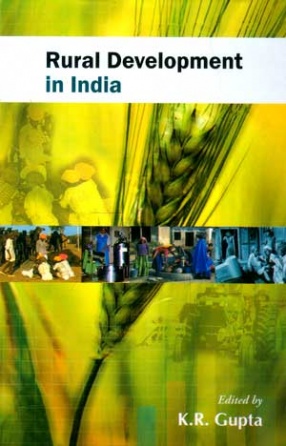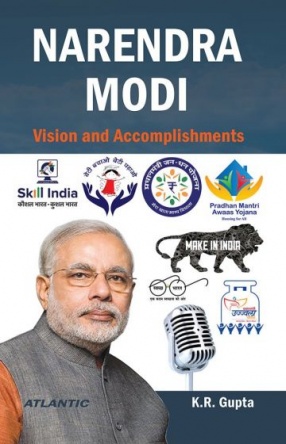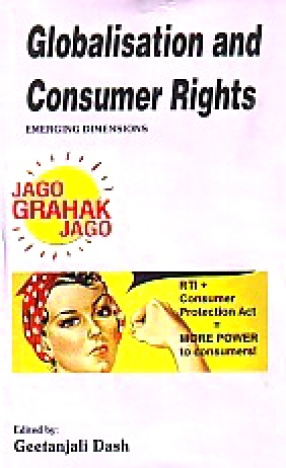India's growth story in various sectors–industry, services, mining, and power–particularly since the dawn of the new millennium, though impressive, has not been inclusive. Whereas urban areas have developed fast, the rural areas still lack the basic infrastructure of connectivity, marketing and adequate means of employment generation.
Poverty remains a major issue with our huge population living in rural areas, particularly in BIMARU states of Bihar, Jharkhand, Madhya Pradesh, Rajasthan and Uttar Pradesh. In addition to low income, problems of violent conflicts, food insecurity, illiteracy, ill health, unemployment, gender inequality, unhygienic living, etc. are various aspects of rural society. It is therefore imperative to analyse the prevailing conditions and draw strategies for rural development to make the country's growth broad based.
The performance of agriculture sector influences the growth of India’s economy and it accounts for about 52 percent of employment in the country. The rural sector is being increasingly seen as a potential source of domestic demand, which is likely to shape the future marketing strategies for goods and services. There is a strong case for a second Green Revolution encompassing diversification of agriculture, development of wasteland, capital expenditure growth, use of biotechnology and expansion of irrigation, besides value-addition in agriculture produce and greater attention to horticulture and floriculture. It is necessary to emphasize the need for genuinely empowering panchayats to plan and implement the National Rural Employment Guarantee Scheme and make them accountable to their communities for efficient performance.
The book contains articles from erudite scholars and experts in the field of rural development, who have deeply analysed the pertinent issues and made valuable suggestions thereon. It will prove very useful to the researchers and students of economics, government executives concerned with the formulation and execution of policies for rural development, parliamentarians and legislators, and the common readers interested in rural development.








There are no reviews yet.